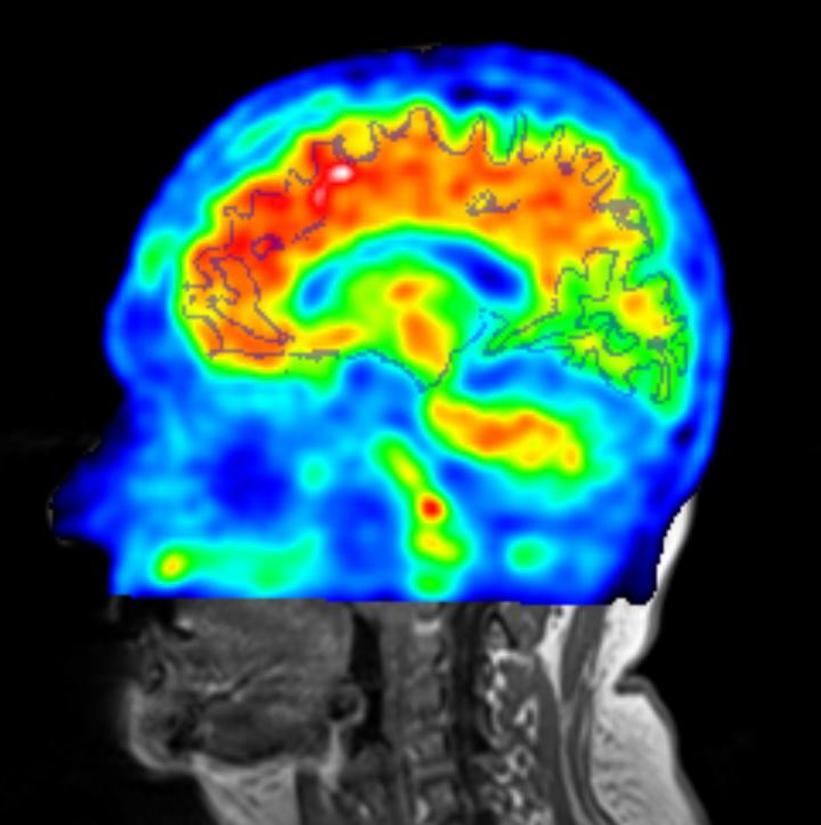Researchers have had a lot of difficulties in finding an effective way to identify people with mild cognitive impairment who are at a high risk of developing Alzheimer’s disease. Now, a team of researchers, led by David Loewenstein, Ph.D., director of the Center for Cognitive Neuroscience and Aging (CNSA) and professor of psychiatry and behavioral sciences at the University of Miami Miller School of Medicine, has come up with a new strategy that could achieve the same. The study, titled “Utilizing Semantic Intrusions to Identify Amyloid Positivity in Mild Cognitive Impairment,” was published recently in the journal Neurology.
Along with study’s co-author Rosie E. Curiel, Psy.D., who is assistant professor of psychiatry and clinical neuropsychology, and their other colleagues, Loewenstein worked with 88 patients who have amnestic mild cognitive impairment (aMCI). They identified 34 people in this cohort who had underlying, prodromal Alzheimer’s disease (AD) by their medical history and whose amyloid scans were positive. Amyloid-beta, an abnormal protein in the brain has been associated with the development of Alzheimer’s for a long time.
“Developing more sensitive and effective measures to tap the earliest Alzheimer’s changes in the brain is essential for providing earlier and more effective treatment, to better understand the neuropathology of the disease, and to monitor emerging interventions,” said Loewenstein.
Another major finding that was outlined in the Neurology paper was that the amyloid-beta imaging-positive patient made a significantly higher number of semantic intrusion errors — particularly on the PSI and frPSI measures – compared to the SNAP and other non-AD patients.
Most of the traditional cognitive measures that are available to identify AD risk do not include PSI or frPSI, thus the LASSI-L might stand for a specific, non-invasive test that could successfully differentiate true AD from SNAP.
“The association of the LASSI-L with amyloid positivity makes it useful in the clinical evaluation of preclinical Alzheimer’s disease and for appropriate recruitment for clinical and prevention trials,” Loewenstein added. “This also provides an effective and inexpensive way of screening at-risk populations.”
The research will continue. Curiel has received a new federal grant to computerize the LASSI-L and other new cognitive measures. In addition, current studies are also underway that can compare progression on the LASSI-L to brain biomarkers such as MRI, fMRI and PET scans, as well as new agents that will assess pathology in the brain.
“We are assisting our national and international institutional partners in developing this cognitive stress test for their investigations and clinical practice,” Loewenstein said. “It is a goal of our Center for Cognitive Neurosciences and Aging and the University of Miami Miller School of Medicine to be at the forefront of these efforts.”

